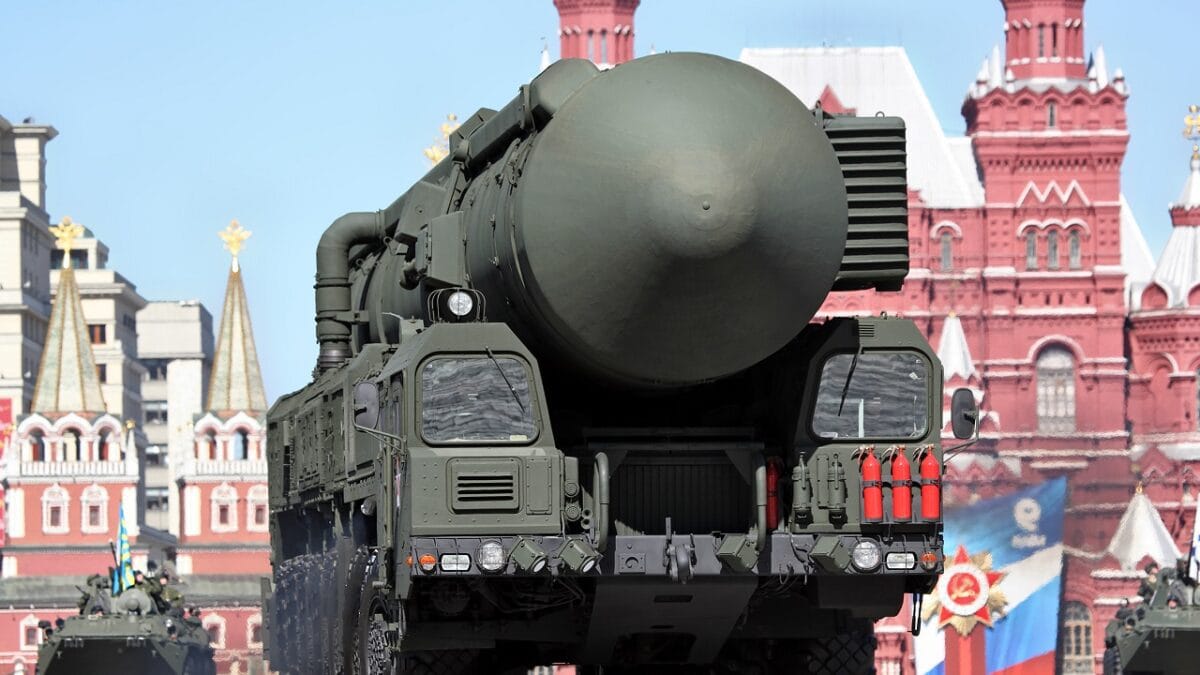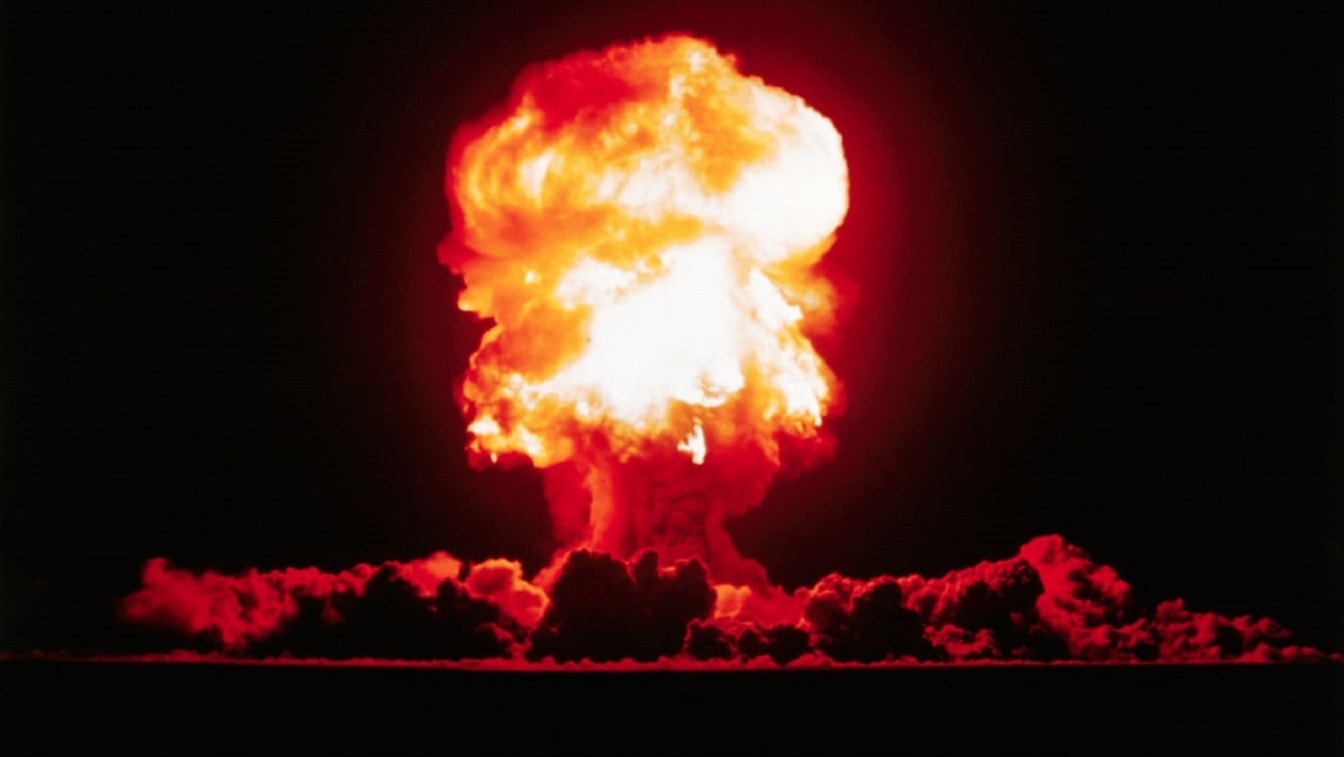President Joe Biden, speaking at a Democratic fundraiser on Thursday, has compared the current threat of nuclear war with Russia to the Cuban Missile Crisis – which is generally understood to be the closest the U.S. has ever come to a nuclear exchange with Russia.
Biden described Putin as “a guy I know fairly well,” someone that is “not joking when he talks about the use of tactical nuclear weapons or biological or chemical weapons.” Biden continued, “we have not faced the prospect of Armageddon since Kennedy and the Cuban Missile Crisis.” The reason, in part, that nuclear war is becoming more likely is “because [Putin’s] military is – you might say – significantly underperforming,” Biden said.
The Cuban Missile Crisis, which occurred in October 1962, was a “direct and dangerous confrontation between the United States and the Soviet Union during the Cold War and was the moment when the two superpowers came closest to nuclear conflict,” according to the State Department’s historical division.
Biden’s insights were not new – “U.S. officials for months have warned of the prospect that Russia could use weapons of mass destruction in Ukraine as it faced strategic setbacks on the battlefield” – explained a report in PBS, but they had not yet been delivered so plainly, or forcefully.
“We have the threat of a nuclear weapon if, in fact, things continue down the path they are going,” Biden said. Biden also asked “what is Putin’s off-ramp? …Where does he find a way out?”
While Biden’s remarks detailed the potential for astounding, world-shattering events, experts warned that Biden’s assessment was not hyperbole. “This crisis is more dangerous than the Cuban missile crisis,” Andy Weber, a former assistant secretary of defense for nuclear, chemical and biological programs, told POLITICO, because there wasn’t a “hot war” in 1962, whereas there certainly is now. Weber added that Russia’s military doctrine permits the deployment of nuclear weapons when faced with an “existential threat,” which is of course precisely how Putin has “defined Ukraine.”
“President Biden’s reported reference to ‘Armageddon’ is not an exaggeration,” Weber said.
The “good news,” according to POLITICO, “is the Pentagon sees no signs of Russian President Vladimir Putin planning to use a nuclear weapon any time soon.” So, “for now, the United States has no reason to change its strategic posture.”
Some experts were careful to draw distinctions between the current situation and the Cuban missile crisis. For example, in 1962, the Russians actually intended to place nuclear weapons in Cuba, while the US had nuclear weapons in Turkey. Each nation was much more aggressively postured toward one another.
Rose Gottemoeller, a former NATO second-in-command who served as chief negotiator for the new START nuclear treaty, differentiated further, adding that the Cuban missile crisis emphasized ICBMs and strategic bombers. Whereas, “in the Ukraine crisis so far, the emphasis has been on tactical weapons use, either in a nuclear demonstration strike or against a single target or a few targets on Ukrainian territory.”
“And Putin’s nuclear threat is coming from a place of weakness after he bungled the invasion,” POLITICO reported,” not necessarily in service of some geopolitical calculation. “Putin has just put himself in a place where he might have no other options but losing or using nuclear weapons. But we’re not there yet,” Samuel Charap, from RAND, said. “He still has some cards to play.”

Russian Mobile ICBMs. Image Credit: Creative Commons.
What Biden fails to address is the United State’s role in the ongoing conflict – namely, supplying Ukraine with over $65 billion in aid. U.S. aid to Ukraine has allowed Kyiv to stay afloat, push back Russian invaders, and embarrass Putin – which is all fine on its face, but of course, breeds a situation in which a nuclear exchange becomes more likely. The US should be working to force a peace settlement, with a full appreciation for the horrors of nuclear war, and an urgency to prevent it from happening.
Harrison Kass is the Senior Defense Editor at 19FortyFive. An attorney, pilot, guitarist, and minor pro hockey player, he joined the US Air Force as a Pilot Trainee but was medically discharged. Harrison holds a BA from Lake Forest College, a JD from the University of Oregon, and an MA from New York University. He lives in Oregon and listens to Dokken. Follow him on Twitter @harrison_kass.

